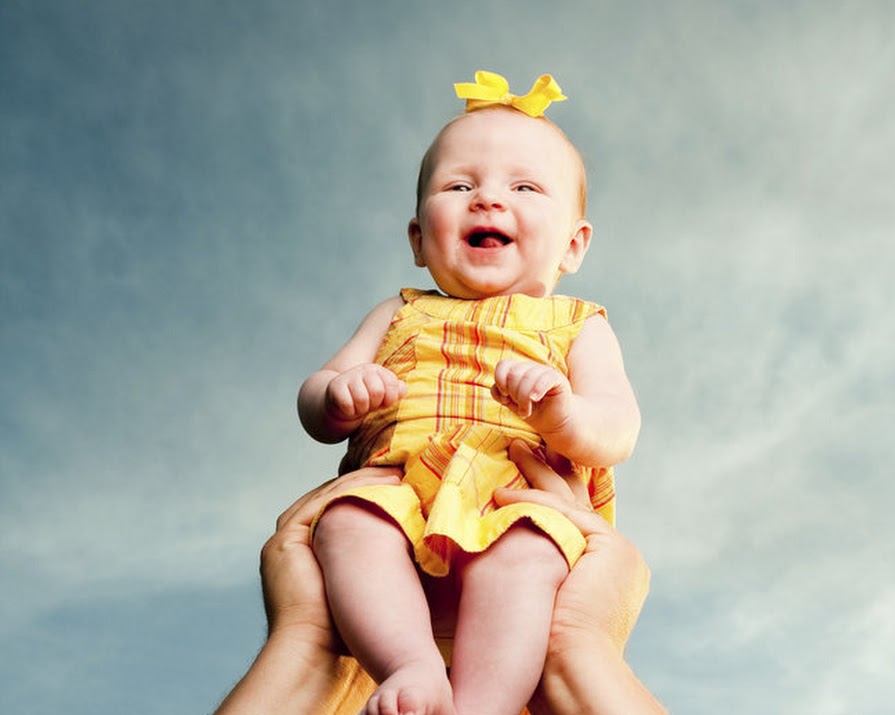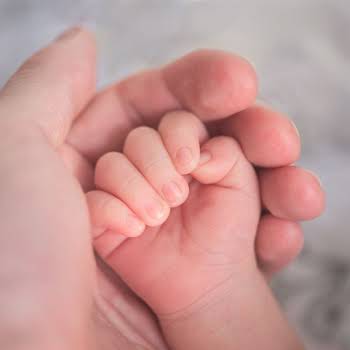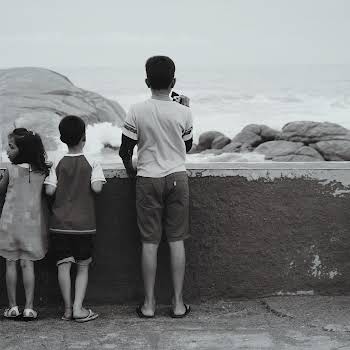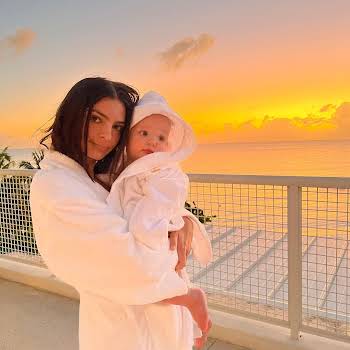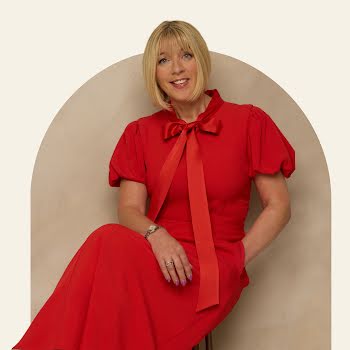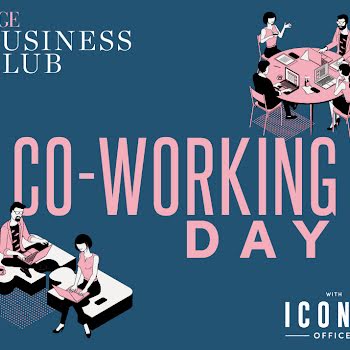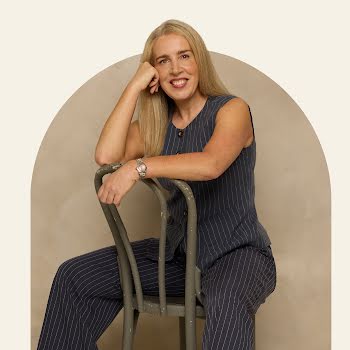
By IMAGE
18th Nov 2015
18th Nov 2015
Alternative routes to parenthood are not without their challenges, and while Ireland has come a long way since the advent of legal adoption in 1952, many couples still endure invasive treatments and huge expense to have the family they always longed for.
Many of us spend our twenties terrified of getting pregnant, with much of our romantic activity focused on finding a suitable person with whom to have a takeaway, not a baby. Fast forward a decade, and we decide – to the tick-tock sound of our biological clocks – that we are ‘ready? to have kids. Unfortunately for many, our bodies don’t necessarily comply with our life plan. The reality is that at least ten per cent of couples have problems conceiving a child. The route to parenthood, at least in the common definition of traditional parenthood, is for some couples a dead end. Once upon a time, being childless was simply the unexplained hand dealt by nature. But nowadays, infertility does not mean the end of the road. Assisted reproduction has come a long way since the first IVF baby was born in 1978, helping thousands of couples realise their dream of becoming parents.
For as long as I can remember, adoption was a word spoken freely in our house. My parents, who initially struggled to have a family, went through the arduous adoption process in 1970s Ireland and went from having no children to adopting three in the same number of years. On the arrival of my sister, my mother discovered she was pregnant with me, and then there were four.
Despite the rigorous application process and endless paperwork involving invasive questioning about their Catholic faith, their experience of adoption in the 70s was probably easier than it is now. Domestic adoption peaked in the mid-70s, with about 1,500 Irish children being adopted each year. Nowadays, that figure is about 20, and with so few Irish children available for adoption, Irish people seeking to adopt are looking abroad.
Tracy McAllister and her husband Paul Dowling are parents to eight-year-old Ary, who was adopted from an Indian couple living in Dublin when he was ten weeks old. ?We were lucky to have applied before regulations changed, but it still took us two years.? Tracy admits it’s been challenging, not just because she’s grieving the loss of a birth family, but also because they are now an ethnic minority family. ?People are well-meaning, but there is still a lot of racism out there. Plus, there is the issue of ensuring Ary is connected to his culture. I get told that I’m ‘so good? for adopting. It isn’t a sacrifice – I feel very lucky and privileged. I believe we were meant to adopt.?
If Brad and Angelina’s growing ?rainbow? family was anything to go by, overseas adoption would seem quick and easy, but intercountry adoption is a lengthy, invasive process fraught with complications. Children can only be adopted from those countries that have ratified the Hague Convention, every country has different laws that are difficult to navigate, and couples must adhere to Irish and local law. Then there are the criteria for eligibility, which can take anything from one to five years to complete, which excludes people who are single or gay. Adoption in Ireland seems to be at something of a standstill, or rather, has regressed since the 1970s.
What we do have today is a wider variety of options and technologies available to us. The wait to adopt has forced couples who can afford it to pursue surrogacy, IVF and egg donation treatment. The Sims Clinic in Dublin performs 1,300 IVF cycles per year at approximately €5k-?6k per cycle with a 20-70 per cent success rate, depending on the age of the woman. Egg donation is becoming increasingly popular with couples too. ?We perform about 300 egg donation cycles a year,? explains Dr David Walsh, director at the Sims Clinic, which tends to have a higher success rate due to the fact that the woman’s eggs are younger. Irish women are the latest in Europe to have families, hence a significant proportion end up with difficulties. ?If you wait for fate to act on you, it will act on you, rather than you acting on fate.? Most clinics offer egg freezing as an option for women who are hoping to protect their fertility. ?Unfortunately, many women who present themselves for egg freezing are older, and this increases the potential for infertility problems. I would normally advise women to freeze their eggs before the age of 33.?
?If I had a daughter who wanted to go the career route, I’d encourage her to freeze her eggs,? says PR executive Tara O’Connor, 41, who has spent the last eight years trying for a family. When Tara and her husband Andrew got married, they started trying for a family straightaway, but after a year, Tara discovered she had a very low ovarian reserve due to severe endometriosis. They had their first IVF treatment with the HARI Clinic in Dublin, but were unsuccessful. Tara had heard of Dr Mohamed Taranissi in the ARGC clinic in London, who was getting good results. This time it worked, but at six weeks, Tara started bleeding and it was discovered that she had experienced a haematoma – a large clot, which took 18 weeks to clear. ?The IVF cycle only produced one good follicle. I had no more eggs frozen, so this was it. It was a very emotional and tense time waiting to see if I’d reach the 20-week stage. That’s why JP is a miracle baby,? explains Tara. Tara and Andrew went on to have a third attempt at IVF, with the Sims Clinic, to provide a sibling to for JP. Sadly, it was unsuccessful and Tara knew it was time to stop IVF, as her ovarian reserve was too low. ?When I got the news, I wasted no time and rang an egg donation clinic called ProcreaTec in Spain. We were there the following week, and four months later had a donor match. JP now has a baby brother, Andrew.?
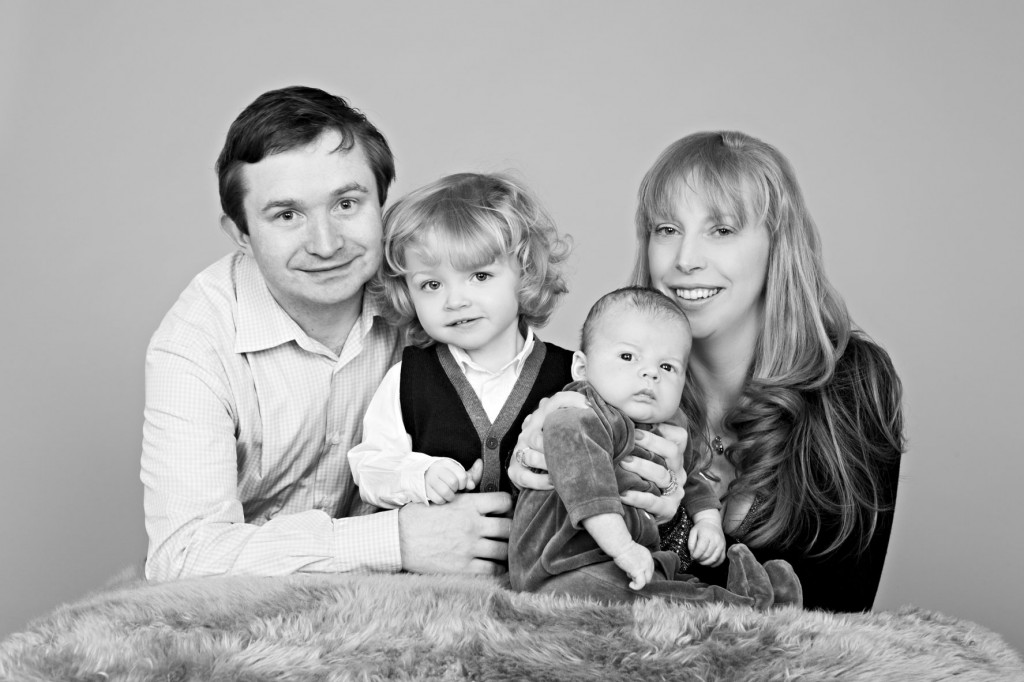
Clinics in Spain and the Czech Republic have become popular options for Irish couples seeking egg donation since, unlike Ireland, their laws waive the rights of the biological donor. But egg donation comes with a cost, and not just financial. ?I definitely struggled with the fact that I would never have my genetics in another child,? admits Tara. ?It took three months for me to bond with Andrew. I didn’t take maternity leave. But my blood went through him for nine months, I brought him into this world, and we are so close now.? Tara and Andrew’s IVF journey cost approx €30k and while their Spanish donor only got paid €900 (by law), the process still cost €6.5k plus expenses. ?It was never about the money,? says Tara. ?I would have given our amazing Spanish donor everything I had. You find a way to get the money when your heart is set on having a family.? As with adoptive parents, the resilience of those seeking other ways is remarkable.
Any couple can attest to the emotional and financial strains of having a family by means of non-traditional methods. Despite surrogacy being one of the most expensive (anywhere from €20k-?100k+, depending on the country), interest among Irish couples is thriving. Dublin family law solicitor Marion Campbell of MC Solicitors, who represented a couple whose cost for a US surrogacy ran to €108k, sees on average three to four couples a month, compared to one or two annually five years ago: ?The majority of couples I see are in their mid-to-late thirties and have been through emotional and physical turmoil. These are women who have had cancer, had their wombs removed, couples who can’t have children for various reasons and can’t wait three to five years for the adoption board to approve their eligibility only to have a shallow hope of getting a child. They are willing to pay the huge surrogacy fees for a greater chance.?
Although surrogacy is not illegal in Ireland, surrogacy contracts are not enforceable. Since Ireland recognises the surrogate mother as the parent by law, couples are faced with a legal minefield when pursuing parentage. It is the reason so many couples are seeking surrogacy options in India, the Ukraine and USA, but this is still fraught with complications. India and the Ukraine will not issue a passport on the birth of the baby, so couples must apply for an emergency travel visa from the Irish embassy to bring their child home, and this is only granted if the child is genetically connected to the couple. Babies born in the USA are automatically entitled to a US passport, but the Irish government unbelievably doesn’t know they exist once they arrive in this country. ?I would have great concerns for the welfare of the child,? notes Campbell. ?Once the child is born, the agencies wash their hands of the situation, and it is up to the parents to sort out the problem. It needs to be better regulated by the Irish government. How they are going to do it, I do not know, but it’s happening and it’s being ignored.? Despite Alan Shatter drafting surrogacy legislation, it has yet to be implemented, and a looming election means it’s unlikely to happen this year.
What is clear is the growing number of non-traditional families in Ireland and the joy and positivity that the fertility revolution has brought to so many couples. ?I see these young, broken couples,? says Campbell, ?and they come back to me two years later with this tiny bundle looking to start declaration of parentage proceedings. It’s incredible what can be achieved.?
In the 37 years since the first, more than five million IVF babies have been born, and the advance continues. Scientists have already performed a womb transplant, created an artificial womb that can nurture a growing baby, and built an artificial ovary to grow and mature eggs. The fertility industry may have become a global money-making business frowned upon by those who believe nature shouldn’t be messed with, but it has given countless couples choices, miracle-conception babies, and the families that they longed for. What could be better than that?
BY Orla Neligan
This article was originally published in the November issue of IMAGE Magazine
Becoming parents can sometimes call for complications, here takes us through the evolution of becoming a family the non-traditional way.











